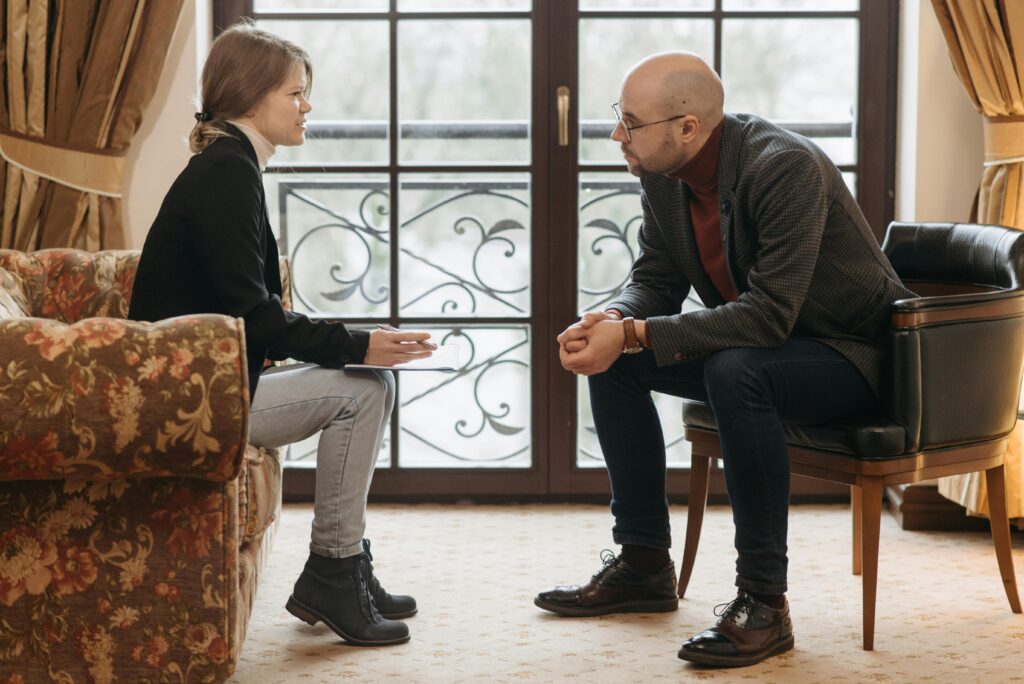What women want from the great wealth transfer

The great wealth transfer is underway, but guess what? For many women, who are poised to be the primary beneficiaries by 2030, the process of giving and receiving inhertiance is about a lot more than money.
According to a recent study from Edward Jones, Morning Consult, and NEXT360 Partners as published by the World Economic Forum, the intergenerational wealth is more than just the transfer of money, it’s about financial security and well-being. The study notes that 87% of women define the purpose of wealth as a means to gain financial security and the freedom to live the life they want, and 85% view it as a way to achieve a better quality of life.
So are women prepared?
A report by UBS highlights that over 40% of high net-worth individuals do not have a will, 50% are unaware of the value of their inheritance, and 49% do not know the location of all their assets. These statistics are concerning, especially considering the Productivity Commission’s estimate that $3.5 trillion in assets will change hands in Australia alone by 2050.
Much of this wealth is expected to be inherited by women as spouses or partners who are statistically more likely to outlive men. In addition to this, the average Australian today is now a 30-something woman who will outlive a man of the same age by about five years, according to the Australian Bureau of Statistics.
Research in the UK, US and Canada indicate a similar that women will inherit around two-thirds of their respective country’s wealth over the next five years, as Baby Boomers reach retirement age by 2030. These findings come from studies conducted by Schroders UK and McKinsey.
Financial and Social Implications
The inheritance pool has doubled since 2002, driven by gains in residential property, unspent superannuation funds, and other investments primarily held by Baby Boomers.
This presents a significant opportunity for the financial services sector, as behavioral finance studies show that women tend to manage money differently than men.
This could lead to increased savings, more property and ethical investments, and reduced risk-taking in the future.
From a social perspective, this wealth transfer could promote financial gender equality. Ray Tubman, founder and CEO of HeirWealth, expresses hope that increased wealth control by women will enhance gender equality. “Being in control of more wealth and being more financially educated and aware should lead to greater financial empowerment for women. This surely must further balance the equality scales,” Tubman states.
Challenges in Wealth Transfer
Despite these opportunities, challenges remain, primarily due to a lack of preparation. Inadequate preparation can lead to difficulties in fulfilling estate executor duties, resulting in conflicts and regret over not having discussed these matters openly in advance.
Another significant issue is the lack of financial education and awareness of necessary steps to take. This is especially crucial for women, who research shows tend to be less financially literate. Women have an 80% chance of being in sole control of their family wealth at some point in their lives. Additionally, women are less likely than men to consult financial advisers, and those who do are more likely to change advisers after the death or divorce of a partner.
What can women do to prepare for the wealth transfer
The Great Wealth Transfer indeed presents a unique opportunity for women to secure their financial futures and shape the legacies they leave behind.
To help people get ready for this wealth transfer, particularly women, Tubman provides these top five tips, which have also been published in the Australian Financial Review:
- Talk about the wealth transfer! Make sure you are part of family and partner meetings on wealth and inheritance.
- Make sure you understand what assets are owned by the family, what you own, and where they are all going should something happen to key people in yoru family.
- If you see a financial adviser, be sure to actively participate in those meetings and make sure that your voice is heard.
- If you don’t understand something, do your research and ask for help.
- Make the most of free and paid resources such as online financial awareness programmes.
- Document the family wealth and make sure you have all the important documents and legals in place to make the process as smooth as possible.
What next?
Whenever you’re ready... we're here to help support you on your HeirWealth journey. Here's some of the ways you can interact with us!
- Book a Call with Sales: Discover how our platform works and how our intuitive software transforms wealth management into a seamless journey towards your goals.
- Explore our Content: Read our informative articles and listen to our enriching podcasts to embark on a journey of knowledge and empowerment today.
- Share with a friend: If you know of someone who'd enjoy HeirWealth, share our link with them and spread the wealth through financial empowerment.


